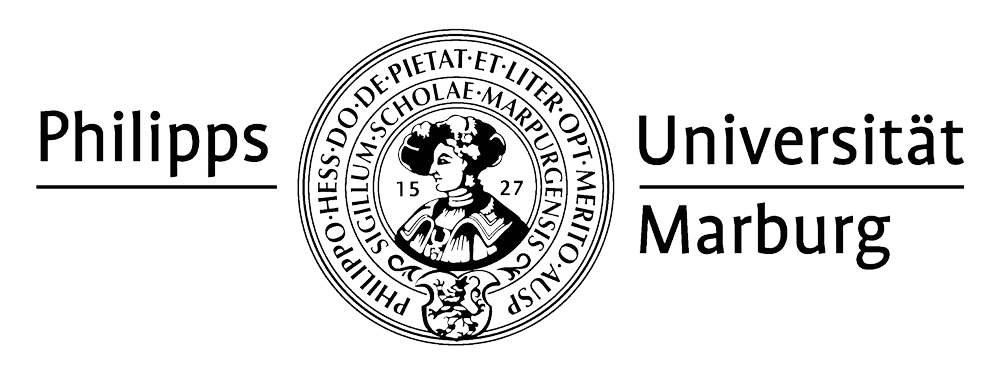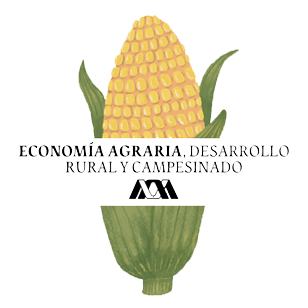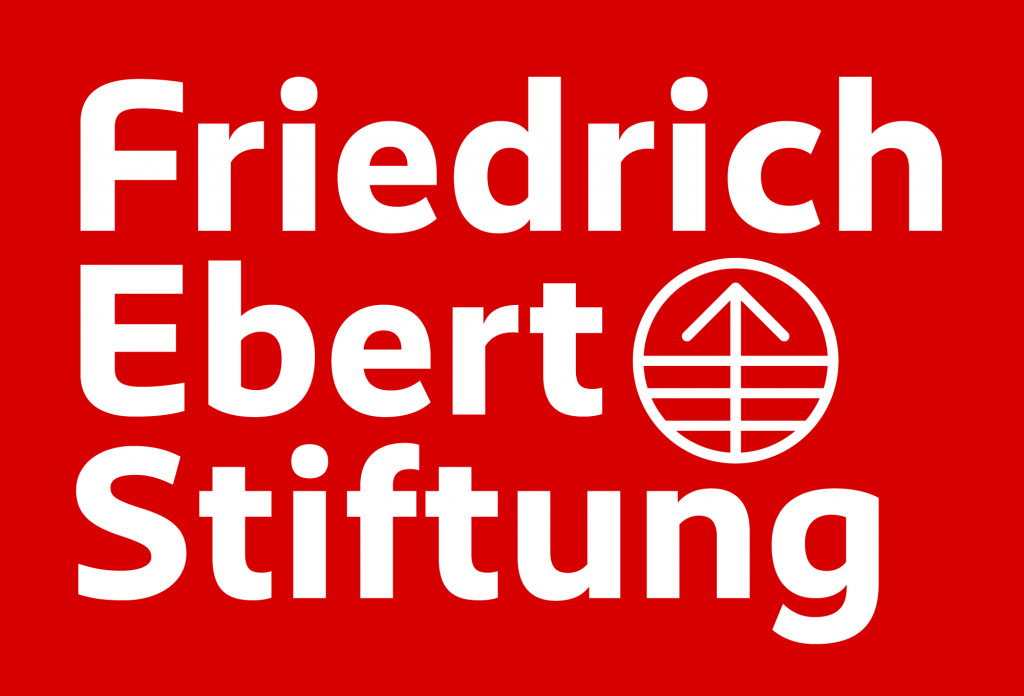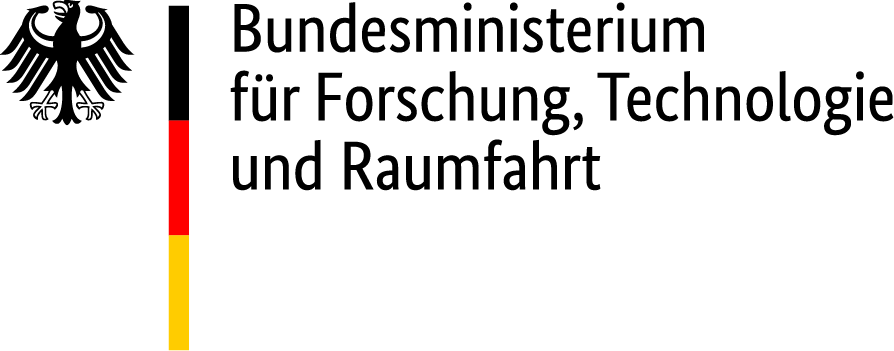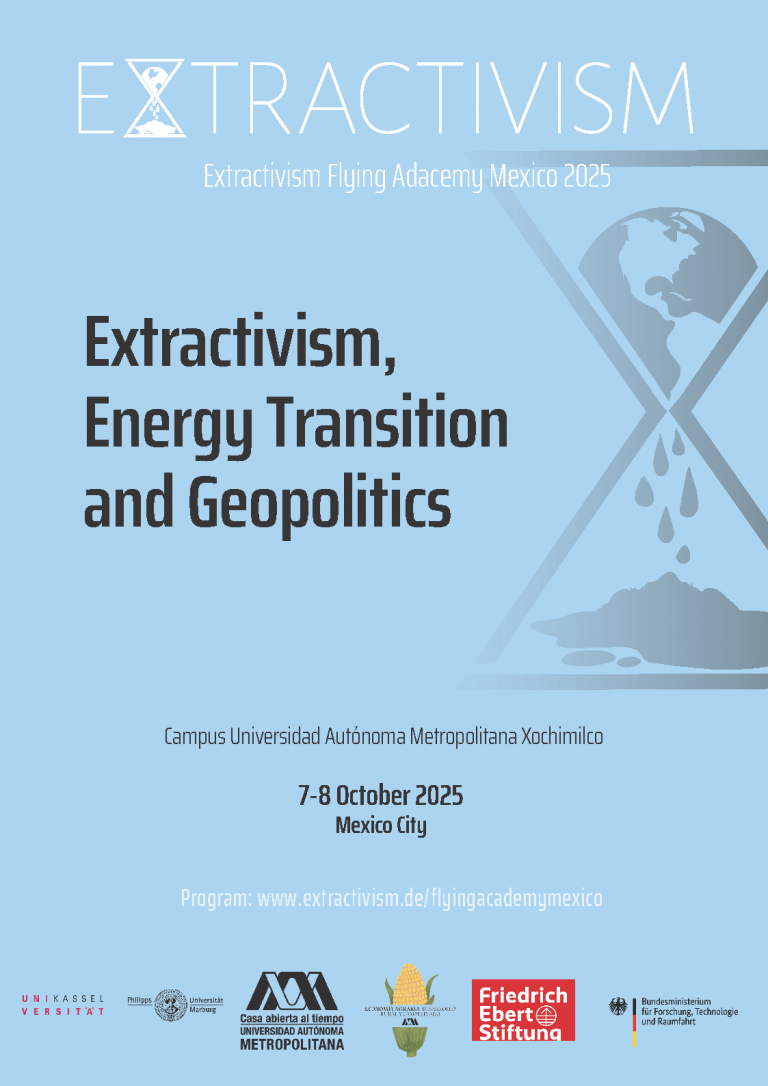
The Conference
The world is entering a new energy era. This transition substantially increases demand for raw materials essential to renewable energy and new technologies, even as fossil fuel consumption persists. Within this transformation, Latin America plays a crucial role due to its abundant natural resources, which hold nearly one-third of the global reserves of copper, bauxite, silver, coal, and oil, as well as over a third of the strategically critical minerals necessary for sustainable industrial transitions. The region also remains a vital supplier of global staple foods. Historically dominated by extractivist development models, Latin America finds itself repositioned in the current geopolitical landscape. Initiatives like Europe’s “Green Deal” and “Global Gateway,” the US Inflation Reduction Act, and China’s Belt and Road Initiative reflect growing geopolitical interests. Trump’s renewed presidency is further reshaping US-Latin American relations, marked by rising tariffs and heightened geopolitical pressures.
However, new resource flows remain largely unequal, offering limited transfer of technology or knowledge to Latin America, thus restricting local development opportunities. The impact on regional regulations, investment, and diplomatic relations remains uncertain. Yet, visible shifts are evident, such as Brazil’s deepening ties with China, Argentina’s openness to the US, and Mexico’s and Bolivia’s evolving strategies for extracting critical raw materials. Simultaneously, indigenous and peasant communities actively resist the expansion of mining and energy projects, illustrating tensions around resource governance. Meanwhile, governments and corporations legitimize ongoing extraction through environmental certifications and sustainability clauses—a phenomenon termed green extractivism. Therefore, Latin America faces multiple challenges. The region must navigate a complex new geopolitical dynamic with the Global North, requiring it to provide essential resources for the global energy transition. At the same time, this situation presents a geopolitical window of opportunity for Latin America’s development. However, it remains unclear how the region can leverage this opportunity effectively through appropriate strategies and agency.
Our conference examines the circumstances under which structural transformations, reform strategies, and their agencies in Mexico and Latin America manifest. Specifically, we discuss the geopolitical and geoeconomic impacts, as well as the economic dimensions, in a comparative perspective with North Africa and the Maghreb. We discuss:
- Geopolitical shifts: What key geopolitical dynamics are currently shaping the region, and who are the potential winners and losers? Are there progressive Latin American and Mexican responses regarding regional integration or domestic structural changes?
- State strategies: How are Mexico and other Latin American countries adapting their economic, foreign, and development policies in response to these geopolitical challenges?
- Social and political actors: Which social movements, civil society actors, or economic groups drive these transformations, and who might resist or block them?
- State-business relations: How does the geopolitical reconfiguration influence state-business interactions, and in what ways do corporate interests impact, or even jeopardize, the region’s path toward an energy transition?
The Program
Thuesday, 7 of October 2025
- José Luis Lara, Embajada de la República Federal de Alemania en México
- Michael Brüning (Fundación Friedrich Ebert, México),
- Hans-Jürgen Burchardt (U de Kassel, Alemania)
- Angelica Buendia (UAM-X, México)
• Aleida Azamar (UAM-X, México)
• Mariana Blanco (Fundación Friedrich Ebert, México)
• Hannes Warnecke-Berger (Extractivism, U de Kassel, Alemania)
Rachid Ouaissa (U de Marburg, Alemania): Geopolitics of Extractivism and Energy Transitions: What Can Latin America Learn from North Africa? (virtual)
- Moderación: Gabriel Rosas (UAM-I, México)
• Jose Maria Valenzuela (U of Oxford, RU): Geopolitics, Energy Transition and the Mexican State
• Oscar Campanini (CEDIB, Bolivia): Entre el oro y el litio. Presiones extractivistas del actual contexto geopolítico en el caso de Bolivia
• Enrique Dussel Peters (UNAM, México): Security-Shoring e implicaciones para las relaciones socioeconómicas de México
Moderación: Carlos Cabrera (Fundación Friedrich Ebert)
Discusión: Hannes Warnecke-Berger (U de Kassel, Alemania)
• Bruno Theodoro Luciano (São Paulo State University – UNESP, Brasil): Between Neoextractivism and Green Colonialism
• Yolanda Mexicalxóchitl García Beltrán (COLMEX, México): Un diagnóstico general de la extracción de litio en América Latina
• Luis Miguel Galindo (UNAM, México): The Political Economy of the Just Climate Transition
• Isidro Téllez (UNAM, México): La industria minero-metalúrgica del cobre en México: dinámica y desafíos territoriales
Moderación: Jennifer Isunza (UNAM, México)
Discusión: Judith Castellanos (UAM-X)
Wednesday, 8 of October 2025
- Fluvio Ruiz Alarcón, Exconsejo de PEMEX, profesor asociado del CIDE
- Antonio Escalera, Ex-Director de Exploración y Producción en PEMEX
- Alejandra Atzín Ramírez Hernández. Directora de Cultura Ambiental, Secretaría del Medio Ambiente de la Ciudad de México
- Arturo Gavilán García. Director General de Gestión Integral de Materiales y Actividades Riesgosas, Secretaría de Medio Ambiente y Recursos Naturales
• Bruno Milanez (Universidad Federal de Juiz de Fora, Brasil): De destructores de presas a salvadores del planeta: La renovación de la imagen del sector minero brasileño
• Aaron Schneider (U of Denver, EEUU): Digital Capitalism and the New Resource and Data Extractivism
• Luíza Cerioli (U de Kassel, Alemania): ¿Ventanas verdes o trampas extractivistas? Brasil entre la oportunidad y la continuidad en medio de una transición energética global geopolitizada
• Isabelle Rousseau (COLMEX, México): México, entre el “Carbon Lock-In” y la transición energética: Estrategias empresariales diferenciadas (2012-2024)
Moderación: Eric Jiménez Morales (UAM-X, México)
Discusión: Mariana Blanco (Fundación Friedrich Ebert, México)
• Darcy Tetreault (Universidad Autónoma de Zacatecas, México): El metabolismo social de los conflictos socioambientales en la frontera extractiva de México
• Dennis Armando Valvert Gamboa (Universidad Rafael Landívar, Guatemala): Geopolítica y agroextractivismo
• Ricardo Assis Gonçalves (Universidade Estadual de Goiás, Brasil): Construyendo resistencia a la megaminería en Brasil
• Carlos Rodríguez Wallenius (UAM-X, México): Tensiones socioterritoriales por la integración del sistema de ferrocarriles en la región sureste de México
Moderación: Noé Ramos Reyes (UAM-X, México)
Discusión: Carla Vázquez (Fundación Luxemburg)
Aleida Azamar (UAM-X, México): Entre la retórica de la descarbonización y la intensificación extractivista de la transición energética
Comentarista: Eduardo Gudynas (Centro Latino Americano de Ecología Social, Uruguay)
The Venue
Auditorio Granados Chapa,
Talleres de Comunicación Social,
Universidad Autónoma Metropolitana Xochimilco Campus
Calz. del Hueso 1100, Coapa, Villa Quietud, Coyoacán, 04960 Ciudad de México, CDMX, Mexiko

